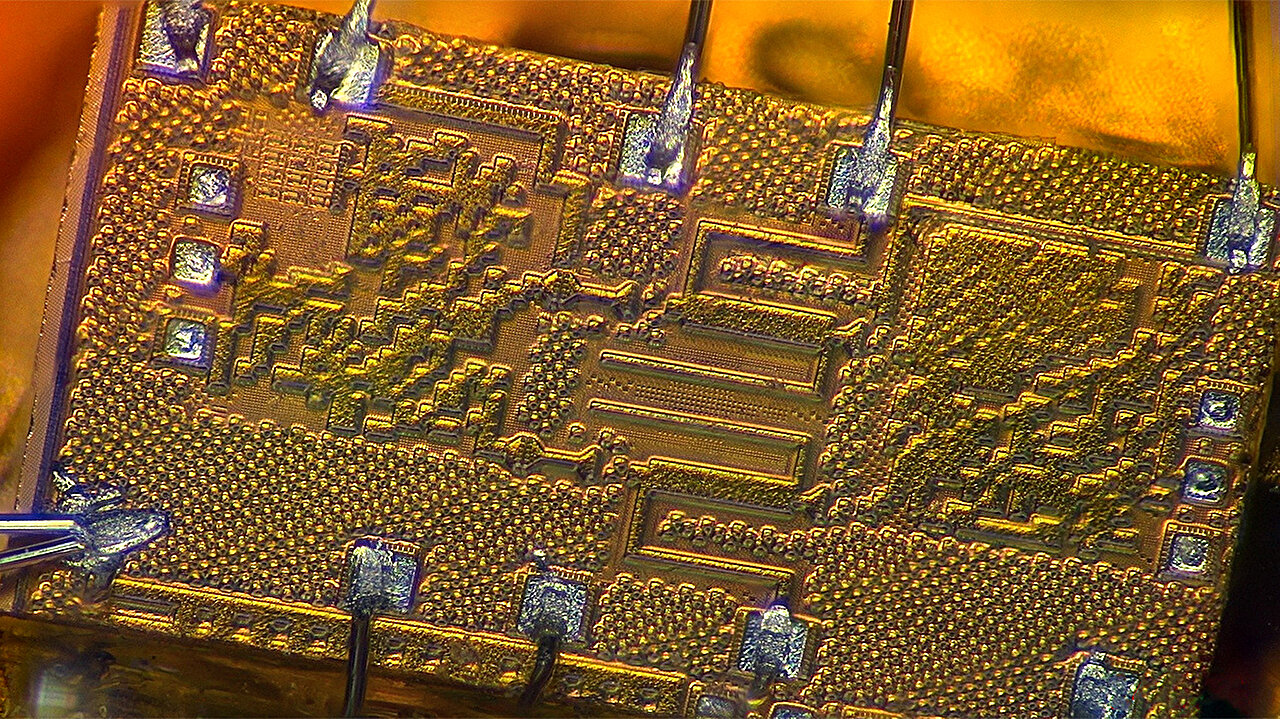It is possible for AI to hallucinate elements that don’t work, at least for now. This requires some level of human oversight.
So, the same as LLMs and they got lucky.
It’s like putting a million monkeys in a writers’ room, but super charged on meth and consuming insane resources.
That monkey analogy is so far removed from reality, I think less of anyone who perpetuates it.
A room full of monkeys banging on keyboards will always generate gibberish, because they’re fucking monkeys.
It would work if it were apes though.
Source: it did. Shakespeare existed.
“We are coming up with structures that are complex and look randomly shaped, and when connected with circuits, they create previously unachievable performance. Humans cannot really understand them, but they can work better.”
Great, so we will eventually have black box chips running black box algorithms for corporations where every aspect of the tech is proprietary and hidden from view with zero significant oversight by actual people…
The true cyber-dystopia.
This has been going on in chess for a while as well. Computer can detect patterns that human cannot because it has a better memory and knowledge base.
This isn’t exactly new. I heard a few years ago about a situation where the ai had these wires on the chip that should not do anything as they didn’t go anywhere , but if they removed it the chip stopped working correctly.
I don’t know about AI involvement but this story in general is very very old.
I remember that as well.
Edit; moved comment to correct reply.
Flashback to the 1960s, Magic and More Magic
Yeah, I’ve stumbled upon that one a while back too, probably. Was it also the one where the initial designs would refuse to work outside the room temperature 'til the ai was asked to take temps into account?
Sounds like RF reflection used like a data capacitor or something.
The particular example was getting clock-like behavior without a clock. It had an incomplete circuit that used RF reflection or something very similar to simulate a clock. Of course, removing this dead-end circuit broke the design.
Yeah, that probably sounds so unintuitive and weird to anyone who has never worked with RF.
I remember this too, it was years and years ago (I almost want to say 2010-2015). Can’t find anything searching for it
You helped me narrow it down. I expect Adrian Thompson’s research from the 90s, referenced in this Wikipedia article is what you’re thinking of.
Yes! Exactly this thank you
For example, one group of gates has no logical connection to the rest of the circuit, yet is crucial to its function
(I should have gone with my gut, I knew it was ages ago. 30ish years by the sound of it!)
What used to take weeks of highly skilled work can now be accomplished in hours.
(…) delivers stunning high-performance devices that run counter to the usual rules of thumb and human intuition (…)Eventually, a.i. created circuits will power better a.i. The singularity may happen soon. This is unpredictable.





